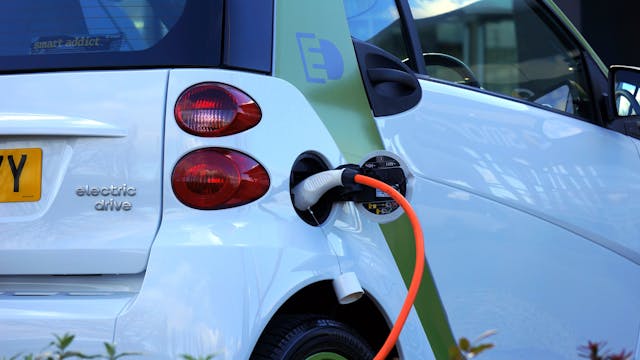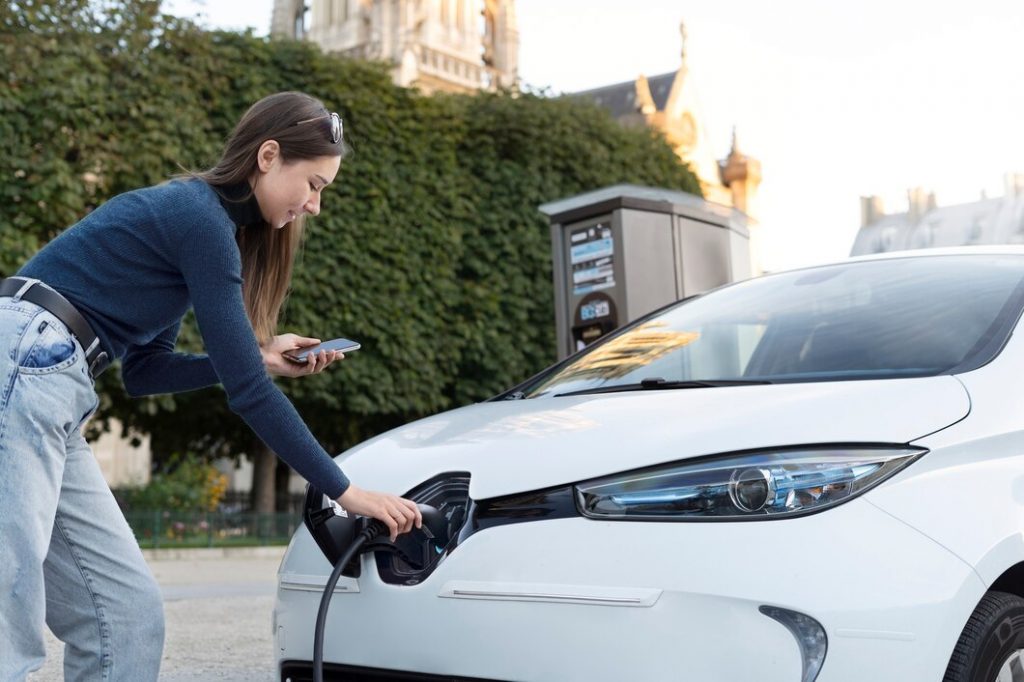- The digital transformation in the automotive industry prioritizes integrating AI, IoT, and autonomous vehicles for enhanced consumer experiences and efficiency.
- Safety, privacy, and individual rights are crucial; achieving balance through transparency and robust security measures is essential for public trust and progress.
- Advancements must be ethically guided, with policies ensuring equitable access to technology, avoiding exclusivity, and promoting fairness and inclusivity across all demographics.
- Businesses must adopt a forward-thinking approach, reimagining the creation, delivery, and enhancement of driving experiences to stay competitive and relevant.
The automotive industry is poised for a digital revolution that promises to reshape every aspect of its operations, from manufacturing to the driving experience. This transformation is not just a fleeting trend but a crucial pivot towards sustainability, efficiency, and innovation in an increasingly tech-driven world.
For auto enthusiasts, industry professionals, and tech innovators, understanding and adapting to these changes is essential for survival and thriving in the coming decades.
The Impact of Digital Technology on Automotive Manufacturing
Exploring Modern Manufacturing Techniques
The dawn of digital technology has brought about radical shifts in manufacturing processes within the automotive industry. Traditional assembly lines are being enhanced with smart technologies, including IoT (Internet of Things) devices, which streamline operations and improve monitoring and quality control.
Enhancing Efficiency Through Automation and Robotics
Automation and robotics have become cornerstones of modern manufacturing, significantly elevating efficiency levels and product quality. With their precision and consistency, robots take on repetitive tasks, freeing human workers to focus on more complex problems. This not only boosts productivity but also enhances workplace safety.
How Consumer Expectations are Shaping the Industry
The Rise of Connected Vehicles
Today’s consumers demand connectivity and seamless digital experiences, and the automotive sector is responding. Connected vehicles, equipped with internet access and integrated with the user’s digital life, offer enhanced navigation, diagnostic tools, and entertainment options, setting new standards for what we expect from our vehicles.
Sustainable and Electric Vehicles
The shift towards electric vehicles (EVs) is rapidly accelerating amid growing environmental concerns. Digital technologies, from battery management systems to charging station networks, are at the heart of this transition, making sustainable vehicles more accessible and efficient than ever.

The Role of Data and Analytics in the Automotive Industry
Improving Safety and Performance
The collection and analysis of vast amounts of data enable unprecedented levels of vehicle safety and performance. Predictive analytics can foresee potential issues before they affect performance, while real-time data enhances vehicle safety features, making each drive safer.
Personalization of the Driving Experience
Data isn’t just about safety and efficiency; it’s also key to personalization. From adaptive interfaces that learn user preferences to vehicles that adjust to individual driving styles, the driving experience is increasingly customized to each user’s unique needs.
Integrating Managed IT Services in the Automotive Industry
Supporting Digital Transformation Efforts
Reputable managed IT services are pivotal in the automotive industry’s digital transformation. By leveraging external expertise in cloud computing, cybersecurity, and IT management, automotive companies can focus on core innovations while ensuring their operations are secure and efficient.

Future Trends and Predictions
Autonomous Vehicles
The quest for fully autonomous vehicles continues, with each advance bringing us closer to a reality where cars drive themselves. This future hinges on sensor technology, AI, and machine learning developments, opening new horizons for mobility and safety.
The Role of AI and Machine Learning
AI and machine learning are not just supporting autonomous vehicles; they’re set to redefine the automotive landscape. From intelligent manufacturing processes to AI-driven customer service, these technologies offer endless possibilities for enhancing efficiency and creating more intuitive, human-centered products and services.
The Impact of Emerging Technologies in the Automotive Sector
Incorporating emerging technologies such as AI, machine learning, and cloud computing is significantly reshaping the automotive industry. These advancements promise to enhance vehicle functionality and safety and redefine the overall user experience. With each technological leap, we edge closer to a future where cars are not only a means of transportation but also connected, intelligent companions on the road.
The potential for these technologies to improve operational efficiency, drive innovation, and create more sustainable, environmentally friendly transportation options cannot be overstated. However, as we chart this course towards a more tech-driven automotive future, it’s crucial to consider the ethical implications and ensure that these innovations are accessible to all, marking a step towards not just smarter but also more equitable mobility solutions.
Navigating the Ethical Considerations in Automotive Innovations
The ethical considerations in automotive innovations encompass a broad spectrum of concerns, ranging from data privacy and security to the broader social implications of autonomous vehicles and AI-driven technologies. As the automotive industry continues to evolve, it becomes imperative to address these ethical challenges head-on.
The responsible integration of these technologies requires a balanced approach that prioritizes individuals’ safety, privacy, and rights while fostering innovation and progress. Transparency in how data is collected, used, and shared and robust security measures are essential to maintaining public trust.
Additionally, there is a need for policies and regulations that promote technological advancements and ensure these benefits are equitably distributed, avoiding a scenario where only a select few can access and afford these cutting-edge mobility solutions. The path forward must be guided by a commitment to ethical principles, ensuring that as we advance technologically, we progress in fairness and inclusivity and protect the interests of all stakeholders’ interests.
Conclusion
The digital transformation of the automotive industry is an ongoing journey, one that is propelled by technological advancements and driven by consumer demands for more connected, efficient, and personalized experiences. For businesses within this sector, staying ahead of these trends isn’t just about adopting new technologies; it’s about fundamentally rethinking how we create, deliver, and enhance the driving experience.
Navigating this digital revolution requires a commitment to innovation, adaptability, and continuous learning. For those ready to take on this challenge, the road ahead is filled with opportunities to redefine mobility for the 21st century and beyond.

